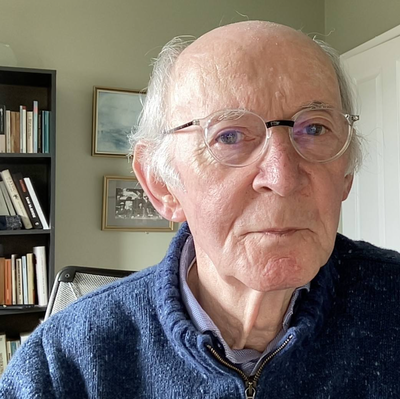
Jude Collins worked for thirty years as a lecturer at the Ulster University/Ulster Polytechnic. Before that, he was a high school English teacher in Derry, Dublin, Edmonton and Winnipeg (Canada).
He is the author of eight books, including Booing the Bishop and other stories and Martin McGuinness: The man I knew. He has been a weekly columnist for The Irish News, Daily Ireland and currently writes for The Andersonstown News.
He has broadcast on TV and radio for the BBC, the Canadian Broadcasting Corporation (CBC), Press TV and RTÉ. For the past thirteen years he has written a daily column on his blogsite www.judecollins.com
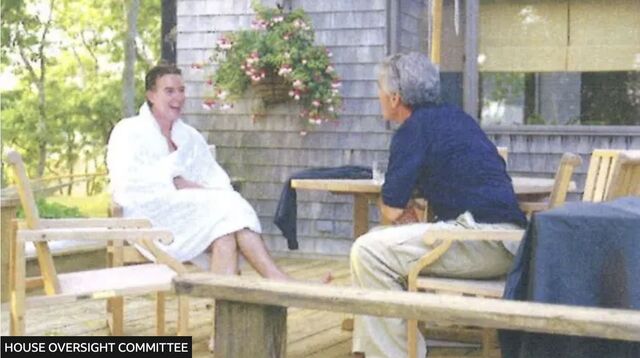
UP until a couple of weeks ago, you wouldn’t have heard a bad word said against Peter Mandelson. Okay, there might have been the odd one, but for the most part he was seen as being on the right side in most matters. Many credited him with opening the door of 10 Downing Street for Tony Blair.
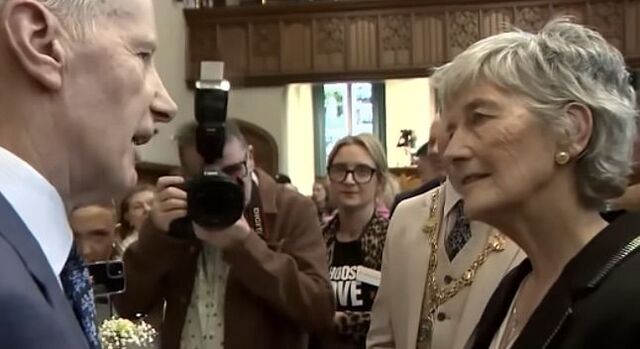
YOU'VE probably heard about Gregory Campbell’s chin-wag with Catherine Connolly when she visited Derry last weekend. “You’re in our country,” Gregory explained to Ireland’s President. “Tonight I’m going to your country.”
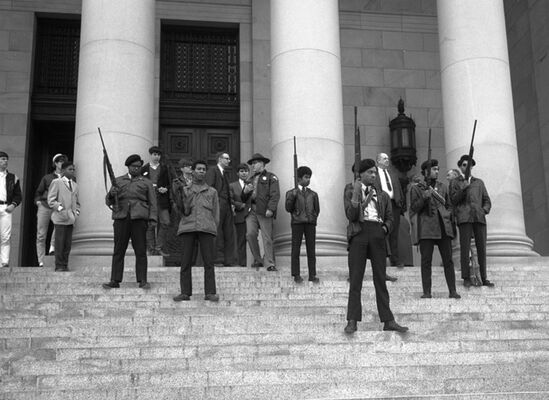
RECENT events in Minneapolis are casting a giant cloud over the US. There are several reasons for this sense of gloom: Trump and Venezuela; Trump and Greenland; Trump and Iran; Trump and Palestine. But above all, Trump and Minneapolis.
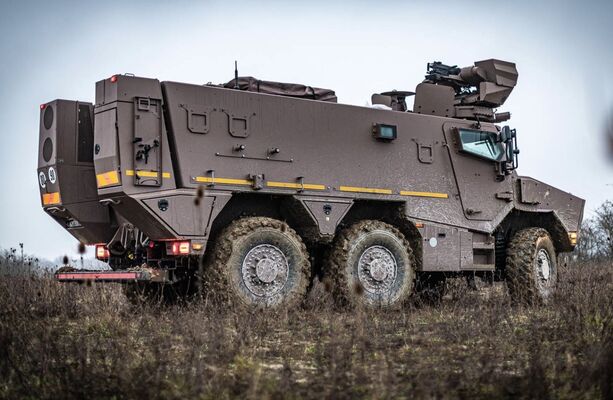
BACK in the day when Catholics still went to Confession, the story was told of Mickey who visited his local church to ask and receive forgiveness. When he returned home his wife Maggie, a woman concerned with her husband’s eternal welfare, asked him if he had told all his sins.

NEW Year finds Casement Park in West Belfast mouldering and unused. Euro 2028 will not visit it as was promised. But not all is gloom.
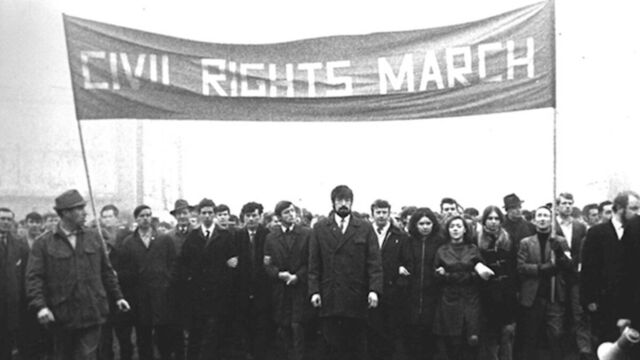
SO Mike Nesbitt is going to retire as leader of the Ulster Unionist Party (UUP). At one point I was on nodding terms with Mike when he worked in the BBC, and he struck me at the time as a modest, highly intelligent guy. Whether he’s remained that way I don’t know – sometimes life makes a person a narrower, more intense version of themselves, sometimes it expands them, opens them to new things, not necessarily good things. For instance, some of you may remember Conor Cruise O’Brien, who started as a Labour Party candidate in Dublin and ended up a sad unionist in the North.

YOU have to hand it to President Trump. Where other presidents have exercised power in the world discreetly, he grabs a bullhorn and boasts of the US’s capacity to do what it likes in the world.
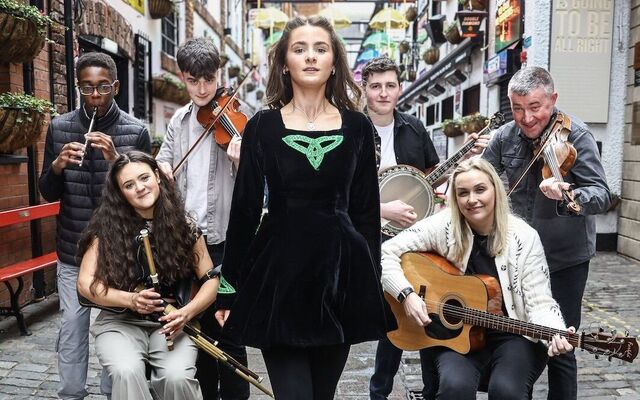
HERE we are, hung like a drunk in a hammock between Christmas and New Year. If you head down to the shopping centre, you’ll meet lost souls like yourself, half-crazy to get clear of the suffocating warmth of family life. Maybe Chris Rea knew a thing or two with his ‘Driving home for Christmas’: it’s better to travel hopefully than to arrive.
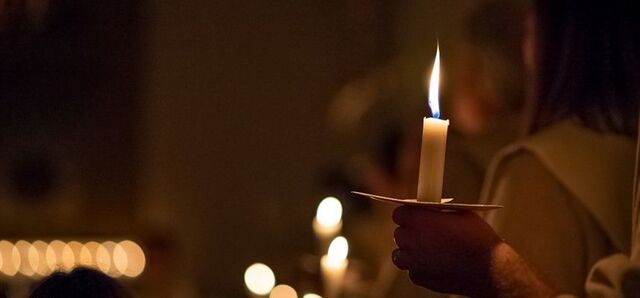
AS a child, I found Christmas an occasion of sin. The catechism was totally clear: "No reason or motive can excuse a lie." But in my early years at the Christian Brothers school in Omagh, I lied and lied again.
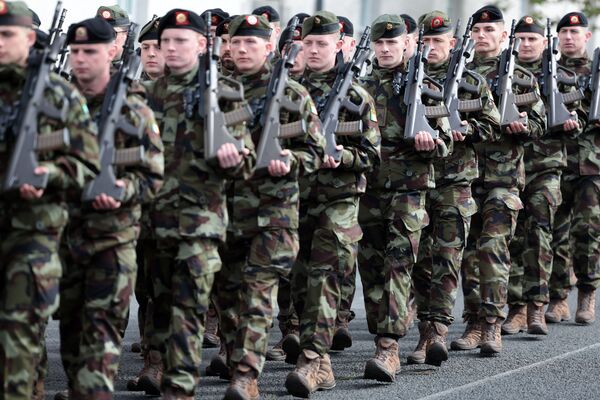
YOU'LL probably have noticed that the South of Ireland is busy pouring money into defence. That’s because journalists like Stephen Collins have posed the question ‘Would Ireland be able to defend Shannon if the Russians decided to invade?’ Stephen answers this question with a resounding 'No!'
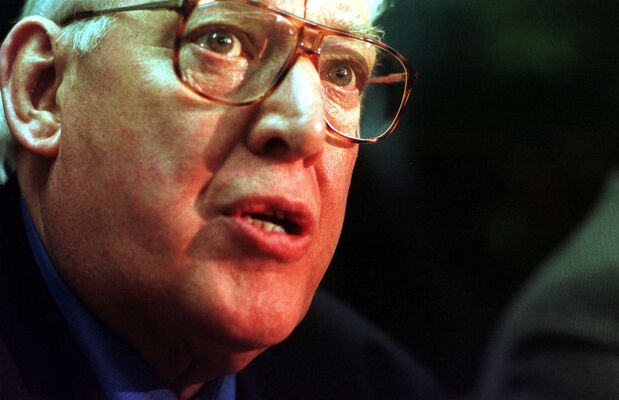
TEACHING is a hard job. Yes, they get great holidays, but coping with 20-plus children at the same time is no walk in the park. And as any teacher will tell you, there are few more frustrating things than dealing with a sulking child.
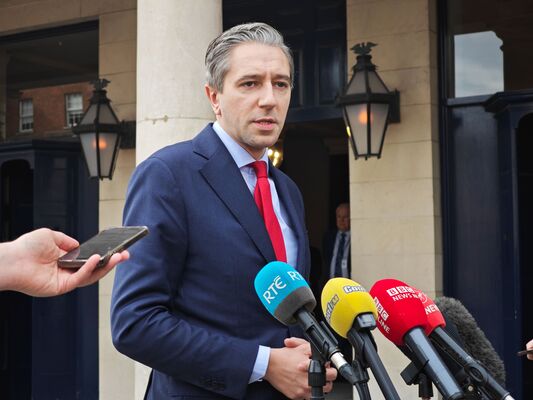
A WEEK ago the Tánaiste, Simon Harris, stood up in the Dáil during a debate on – what else? – housing. He used the occasion to criticise Sinn Féin for receiving financial contributions from the US through its US fundraising arm, Friends of Sinn Fein. In all, Sinn Féin raised €366,000, the bulk of that said to come from builders and construction companies in the US. Simon took a seriously dim view of that.
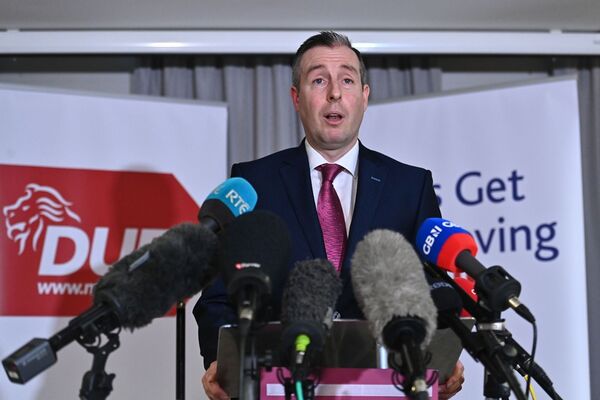
I WONDER if Education Minister Paul Givan takes two showers a day? He looks so fresh and aromatic, with that scrubbed Christian look you find on the faces of people who want to know if you’ve found Jesus yet.
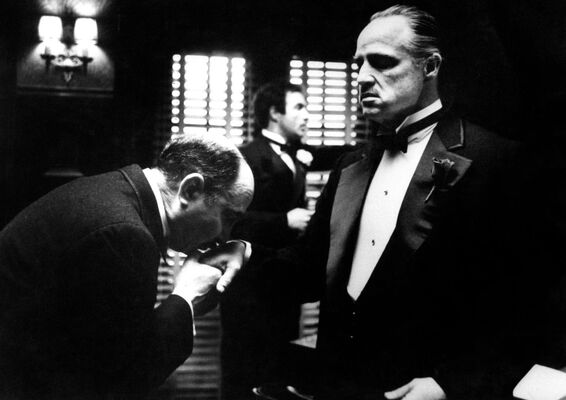
I LOVE America. Or to be more exact, I love North America. Or to be even more exact, I love the USA.
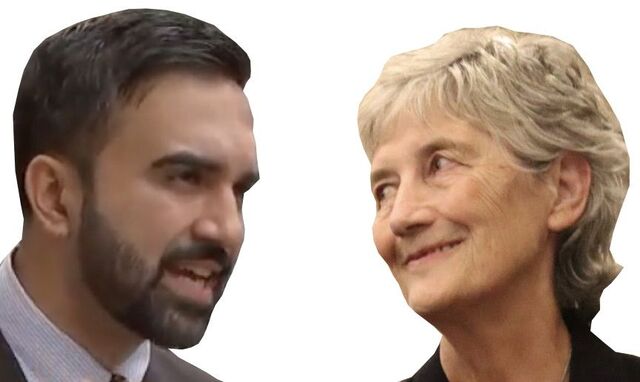
IVAN Yates is an interesting man. He was a big gun in Fine Gael, then he quit politics. He was a bookie and bankrupted himself. He was a key presenter on Newstalk radio, attracting listeners with his bruising style. And he was the guy who came up with ‘Smear the bejasus out of her’ in relation to Catherine Connolly, a remark that did a neat boomerang and hit the Fine Gael candidate between the eyes.